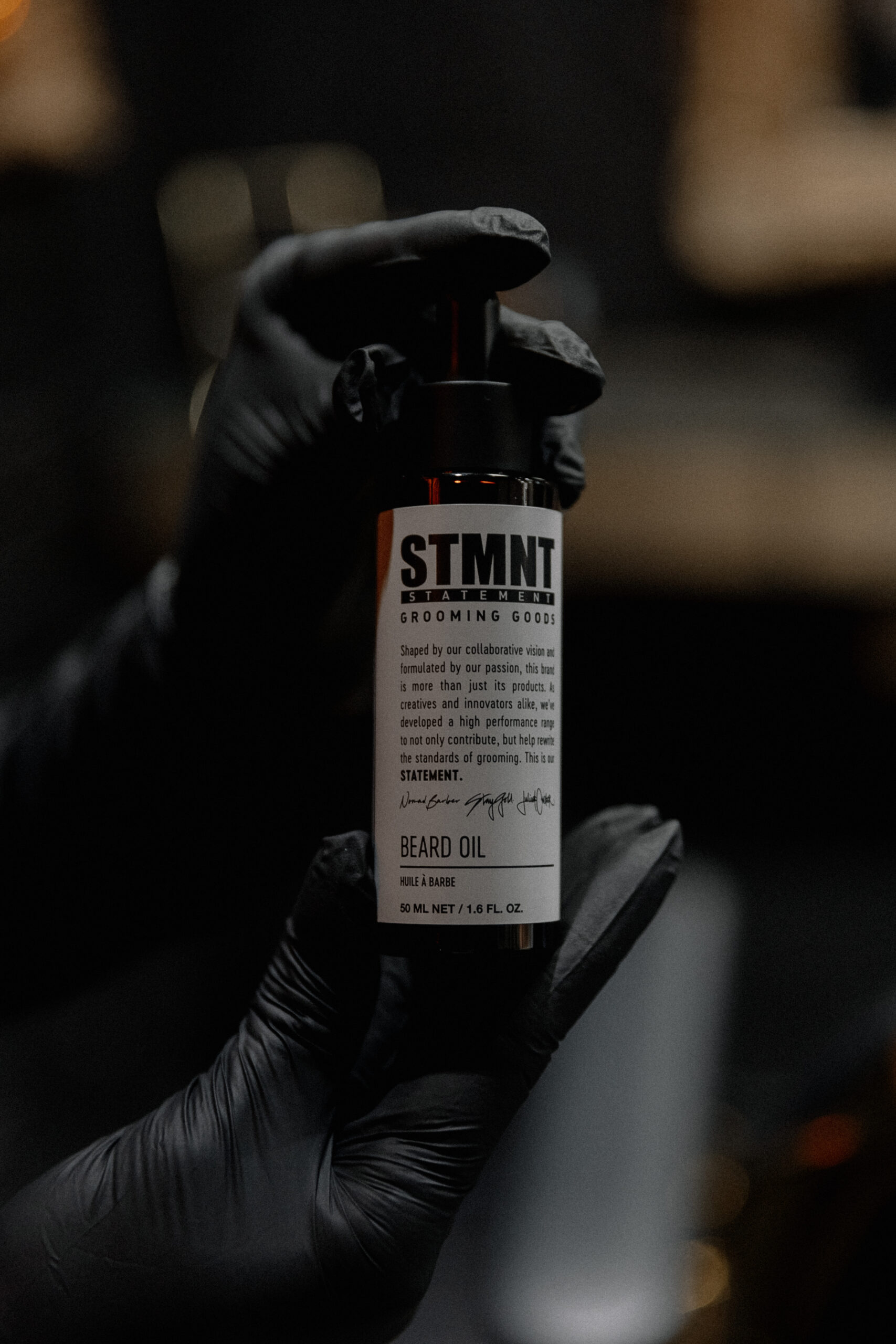What is the impact of cosmetics on eczema?
Title: Understanding the Impact of Cosmetics on Eczema: A Comprehensive Guide
Introduction:
Eczema, a common skin condition characterized by dryness, inflammation, and itching, affects millions of people worldwide. With the use of cosmetics being an integral part of our daily lives, it becomes crucial to understand how these products may impact individuals suffering from eczema. In this blog, we will delve into the relationship between cosmetics and eczema, exploring potential triggers, ingredients to avoid, and helpful tips for managing eczema-prone skin.
1. Identifying Potential Cosmetic Triggers:
Cosmetics, ranging from skincare products to makeup, can contain various ingredients that may worsen eczema symptoms. Fragrances, preservatives, and certain chemicals like parabens and sulfates are known to trigger flare-ups in individuals with sensitive skin. It is essential to identify these potential triggers and be cautious when selecting cosmetics to minimize the risk of exacerbating eczema symptoms.
2. Understanding the Impact of Ingredients:
a. Fragrances: Synthetic fragrances are notorious for causing skin irritations, particularly in those with eczema. Opt for fragrance-free or hypoallergenic products to reduce the risk of triggering a reaction.
b. Preservatives: Some preservatives, such as formaldehyde and parabens, are common culprits behind allergic reactions in individuals with eczema. Look for products labeled as preservative-free or those containing natural alternatives like tea tree oil or grapefruit seed extract.
c. Chemicals: Harsh chemicals like sulfates and dyes can strip the skin of its natural moisture and cause irritation. Opt for gentle, moisturizing formulations without these ingredients to soothe and protect your eczema-prone skin.
3. Choosing Eczema-Friendly Cosmetics:
a. Seek Dermatologist Recommendations: Dermatologists often recommend specific brands or products that are gentle on sensitive skin or specially formulated for individuals with eczema. Consulting with a professional can help ensure that you choose cosmetics suitable for your skin type.
b. Patch Testing: Before integrating a new cosmetic product into your skincare routine, always perform a patch test. Apply a small amount on a small area of your skin and observe for any adverse reactions. This will help you determine if the product is suitable for your sensitive skin.
c. Moisturize, Moisturize, Moisturize: Hydration is key when it comes to managing eczema. Prioritize moisturizing your skin before applying any cosmetics to create a protective barrier and prevent dryness. Look for moisturizers containing ingredients like ceramides, hyaluronic acid, and shea butter.
d. Read Labels: Be a smart consumer and carefully read product labels. Look for key phrases like “dermatologist-tested,” “hypoallergenic,” “fragrance-free,” and “suitable for sensitive skin.” This will help you choose products that are less likely to irritate your eczema-prone skin.
Conclusion:
While cosmetics can play a role in exacerbating eczema symptoms, careful selection and mindful usage can help individuals with sensitive skin manage their condition effectively. Identifying potential triggers, avoiding harsh ingredients, and opting for eczema-friendly cosmetics are essential steps towards maintaining healthy and nourished skin. Remember, consulting with a dermatologist is always beneficial, as they can provide personalized recommendations based on your unique condition. With a little extra care and attention, you can enjoy the benefits of cosmetics without compromising your skin’s health.



